HANDMADE | QUALITY | ETHICAL
Environmental impact is a wide topic that more people and sectors of the economy are paying attention to when making daily living and business decisions. Information on the issue is particularly coming to light in the footwear and accessories industry, which traditionally is known for its harsh impacts on natural resources and environments. A material is deemed ethical or sustainable if it is either socially ethical or environmentally beneficial, THE K FMAILY FACTORY had always like it to be both of those things and sometimes it is, but usually it will just be one or the other. These are some of the things that can make a material ethical: fair trade, organic, made from responsibly sourced material or raw materials, made from recycled materials, and manufactured in a fair way for the workers.
Sustainability, whether in materials, energy or practices, means a limited negative impact on natural resources and people, and they avoid depleting or degrading the environment. Because they create few stresses on the environment, society can safely rely on them well into the future. Sustainability isn’t all or nothing, some materials are very eco-friendly, others rank moderately well and some have poor sustainability. Over time, less-sustainable materials tend to be phased out as better ones are introduced. Make sure that you understand the life cycle of the materials that you are using and don’t use materials that have been produced in harmful ways.
Whether you are a footwear maker, or a fashion lover, choosing ethical material is one of the first things we can do to make our wardrobes more eco-friendly. Examples of THE K FMAILY FACTORY ‘s ethical materials are recycled leather, vegetable tanned leather, Pinatex, microfibre leather, recycled nylon, organic cotton, metal, silk, wool and Tencel.
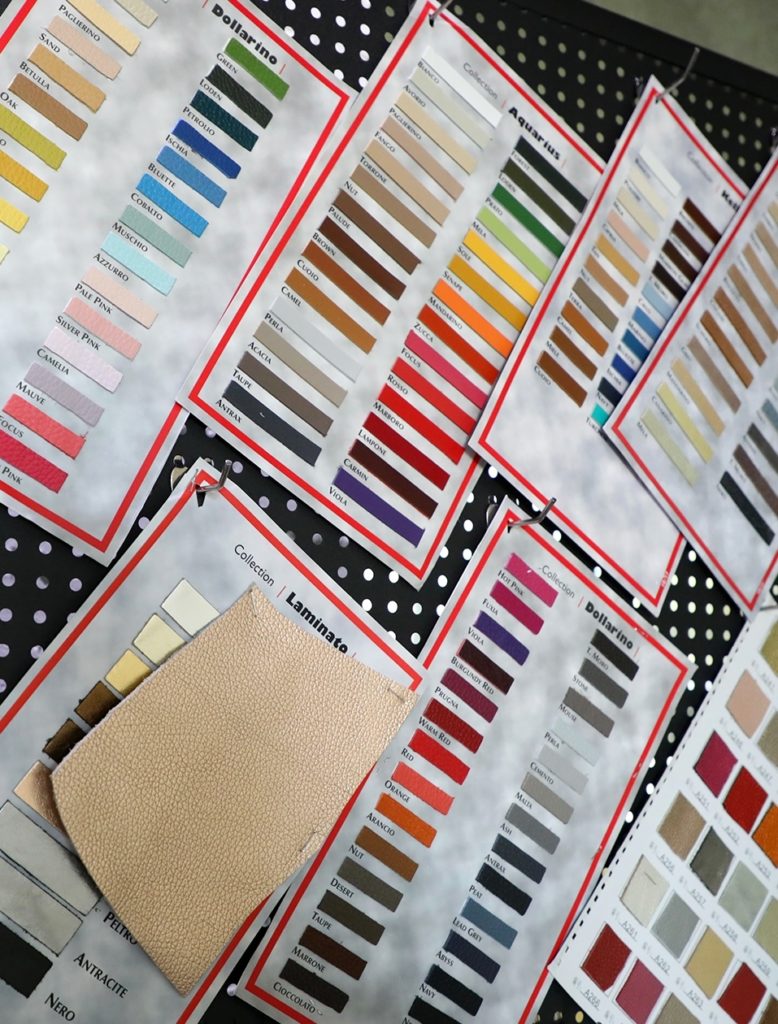

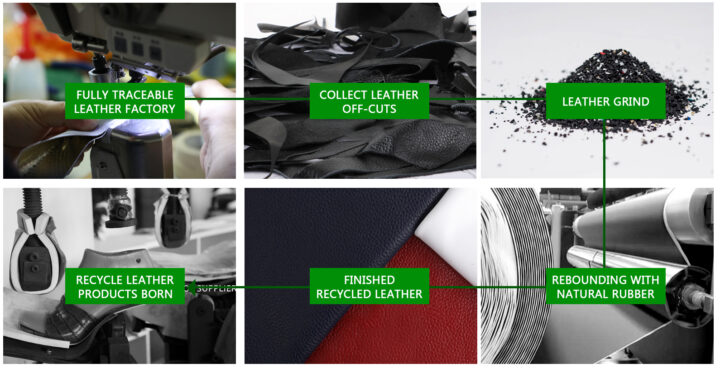




It is a green process technology, real leather tanning processes involves large amounts of water and electricity. Our eco-friendly leather shoes are made from the sustainable recycle materials, through a process of smart recycling of natural leather fibers.






Vegetable tanned leather, it is different from traditional chrome tanning, using only natural tannins, without negative environmental impact. This tanning method is ancient and requires skilled craftsmen, making vegetable tanned leather products more prestigious. Due to the careful tanning process and the natural tannins, vegetable tanned leather develops a rich and beautiful patina, and actually gets better with time and use. It doesn’t crack or dry out and thus has a very long lifespan. which has an earthy and natural tone and smell. However, chrome tanned leather is leather produced using a solution of chemicals, acids and salts to dye the hide. It’ s cheap, quick and mass produced, typically requiring little skill from the tanners. Chrome, like any heavy metal, is extremely toxic and environmentally damaging, thus creating waste water leftovers that are very toxic. Our ethical team are so excited to make new ethical products, taking more social responsibility.






Pinatex is a fiber that comes from pineapple leaves. It is considered sustainable because it uses the by-products of pineapple harvests, so there is no need for extra resources to produce it. Not only is it a cruelty-free replacement for leather, it is natural and sustainable. As Pinatex is made from a food by-product, it reduces waste and helps the farming communities that grow the fruit! Pinatex is a versatile material which is strong, breathable, light and flexible and can be easily stitched, embossed and cut.






Microfiber leather, is the highest quality grade synthetic leather (faux leather or PU leather), a high-tech simulation of high-end leather material. The performance of microfber leather is better than the real leather and its surface effect can be achieved in line with the real leather. Tear resistance, abrasion resistance, tensile strength and so on are all beyond real leather, and it is cold-resistant, acid proof, alkali-resisting, non-fading. Antibacterial, antimildew, mothproof, without any harmful substances and very environmental, it is regarded ad the Green Products in the 21st century. It also has some advantages like high utilization rate, easy to clean, and eco-friendly.
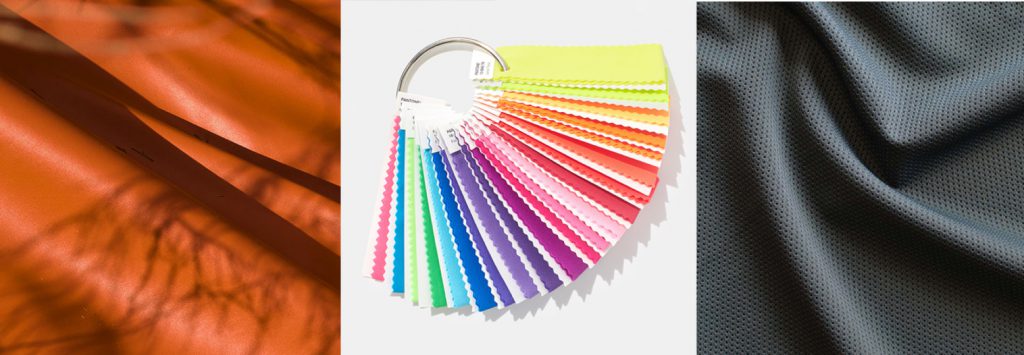





Recycled Nylon has the same benefits as recycled polyester: It diverts waste from landfills and its production uses much fewer resources than virgin nylon (including water, energy and fossil fuel). ECONYL is one good example of a certified, eco-friendly, recycled nylon fabric. ECONYL takes recycled materials to a whole exciting new level by turning waste into resource. To make ECONYL, waste such as industrial plastic, waste fabric and fishing nets from oceans is recycled and regenerated into a new nylon yarn that is exactly the same quality as virgin nylon.






This material has the same quality as conventional cotton but not the negative impact on the environment Organic cotton addresses most of the environmental challenges which conventional cotton production faces. It is grown from non-GMO seeds and without the use of pesticide, insecticide or fertilizer. Unlike conventional cotton, organic farmers use ancestral farming methods, including crop-rotation, mixed farming or no-till farming to preserve the soil. Organic cotton uses up to 71% less water than conventional cotton according to some sources. Organic cotton eliminates the use of toxic and persistent chemicals, improves soil health and increases water conservation. All of which is better for the environment, and for farmers and their communities.
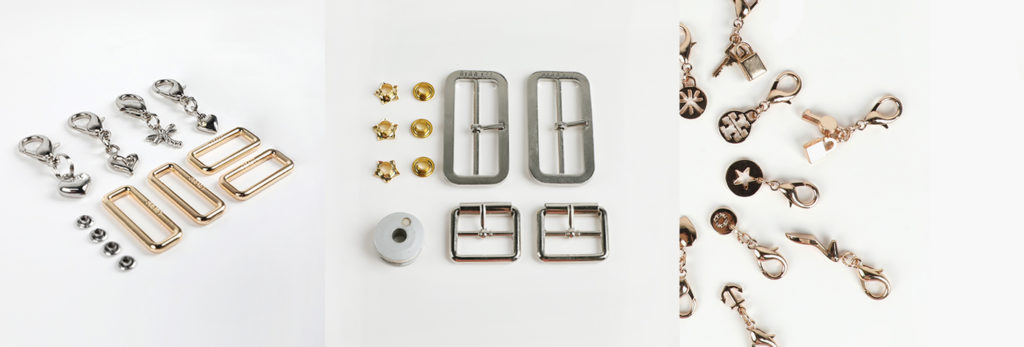




Although metal is a small amount of our overall material usage, it has one of the highest impacts of all our materials. The majority of metals we use go into our bag chains, made from brass – an alloy of copper and zinc. We have now developed a stainless-steel and an aluminium alternative that we use for some of our chains. These chains have a lower environmental footprint as there is no copper mining involved and they use more sustainable coating processes. And, because we create products that are built to last, we see the brass we do use, as a precious material. Our bags stay with our customers for years.



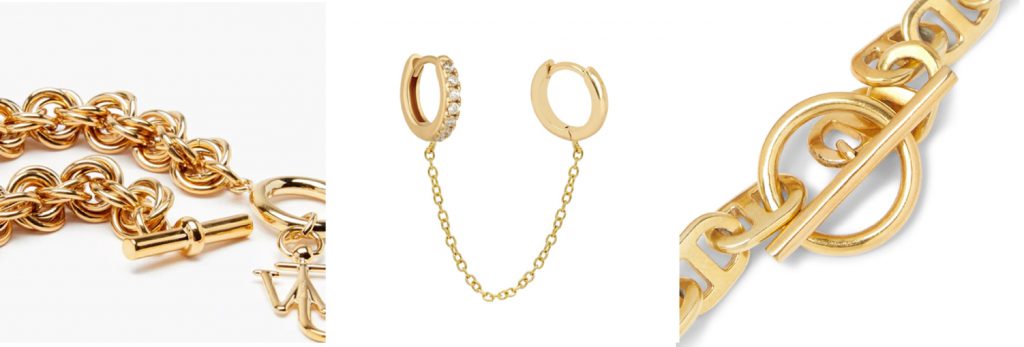

Silk is a protein fiber spun by silkworms and is a renewable resource. Silk is also biodegradable. For these reasons, we consider silk a sustainable fiber. However, chemicals are used to produce conventional silk, so we will always consider organic silk to be a better option. Because conventional silk production kills the silkworm, THE K FMAILY FACTORY prefers Peace Silk that causes no harm to silkworms.






THE K FMAILY FACTORY sources our wool from a small group of hand-selected farms that have been carefully chosen based on their commitment to animal welfare and environmental stewardship, which contributes to a reduction of air, water, and soil pollution.





As viscose is one of our key materials, we are committed to making sure that the places we source from are protected and enriched. Tencel is a manufacturing process of rayon which is much more eco-friendly than its relatives modal and viscose. Tencel is made in a closed-loop system that recycles almost all of the chemicals used. It is the generic name of the manufacturing process and fiber and is also the brand name of the Lyocell commercialized by the company Lenzing AG. Tencel is made from eucalyptus from PEFC certified forests. Eucalyptus trees grow quickly without the use of pesticides, fertilizers or irrigation. Just like rayon and viscose, Tencel is 100% biodegradable.


As a business owner of footwear and accessories, THE K FMAILY FACTORY takes pride in the fact that ethical materials reduce long-term problems stemming from limited resources and end-of-life disposal.